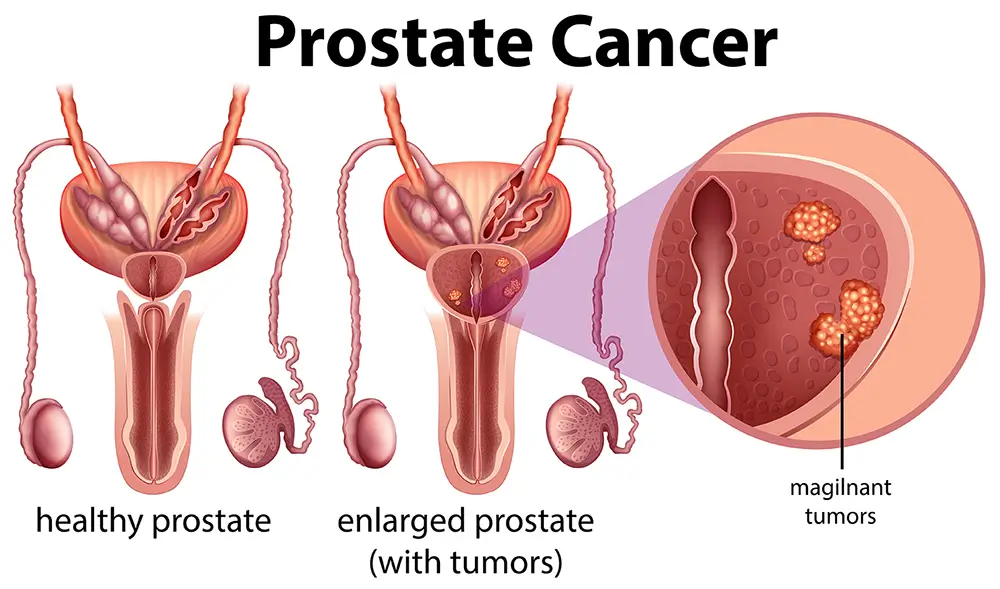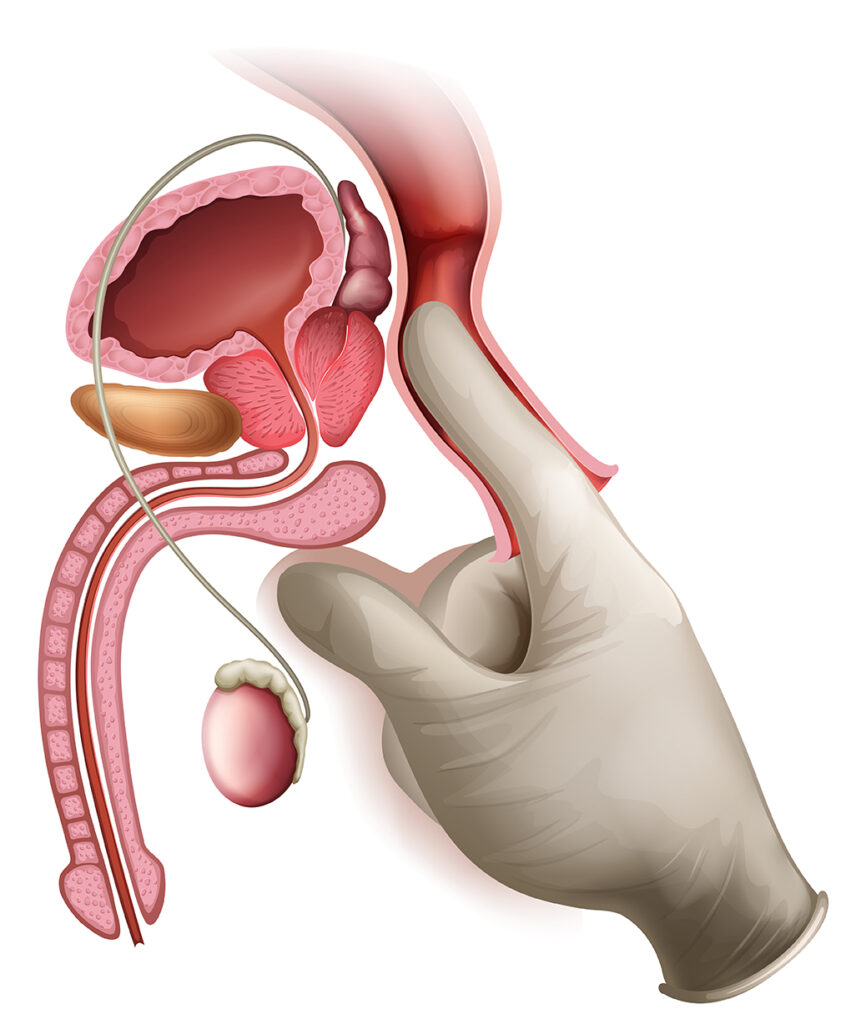Subscribe to out newsletter today to receive latest news administrate cost effective for tactical data.
2478 Street City Ohio 90255
Shopping cart
- Phone: +91 99039 74739
- Email:dr.sandipganguly@gmail.com
Subscribe to out newsletter today to receive latest news administrate cost effective for tactical data.
2478 Street City Ohio 90255
Prostate cancer disrupts routines and peace of mind especially for men over 50 raising urgent questions about accuracy of diagnosis, timing of treatment, side effects, and long‑term quality of life.
Early identification, accurate diagnosis and individualized treatment are essential for the effective control of prostate cancer.
Choose prostate cancer treatment in Kolkata with a senior clinician who prioritizes clarity and personalization—Dr. Sandip Ganguly, a prostate cancer specialist in Kolkata, offers evidence‑based, step‑by‑step care from accurate diagnostics to tailored therapies; as a trusted prostate cancer doctor in Kolkata, he aligns surgery, radiation, systemic treatments, and follow‑up into a plan built around each patient’s goals.

Prostate cancer develops in the prostate gland. The gland is situated below the bladder and in front of the rectum in men and is responsible for male reproductive function. When the cells in the prostate gland divide too quickly, the tumor gets developed. Although some types of prostate cancer grow slowly and may need minimal or even no treatment during one’s lifetime, other types are aggressive and can spread rapidly, making prostate cancer a dangerous disease.
The major risk factors for prostate cancer are
Early prostate cancer may have no symptoms or only minimal symptoms. Symptoms are commonly similar to symptoms of Benign Prostate Hyperplasia (BPH), which is non-cancerous. These symptoms include:
In later stages, symptoms might be more pronounced, including blood in the urine or semen, or bone pain in their lower backs, hips or pelvis. It is pertinent that if anyone has any of these symptoms, it is important to see a doctor urgently
Accurate diagnosis is essential for providing effective treatment to patients with prostate cancer. Dr. Sandip Ganguly uses state-of-the-art modalities to diagnose and stage the disease:
After a diagnosis is made, the cancer is graded to do risk stratification and tailor treatment
A grading system, based on the appearance of cancer cells in a biopsy specimen, used to help gauge the aggressiveness of prostate cancer. Scores vary between 6 and 10, with lower scores suggesting a more favorable prognosis.
Staging of prostate cancer is essential to determine the treatment plan for the patient. TNM staging system is used to stage the disease.
TNM staging:– This system stages cancer in three ways:
Close follow-up is required to detect early recurrence following treatment. Follow-up typically includes:
Prostate cancer can affect not only physical health but also emotional and sexual well-being. According to Dr. Ganguly, holistic cancer care comprises:

Dr. Sandip Ganguly is one of the top prostate cancer Specialist in Kolkata and has a wealth of experience in treating prostate cancer.
He specializes in multimodal cancer care and offers access to the latest treatments and clinical trials. His method is empathetic as well as patient-focused and he is located in Kolkata and caters to the specific healthcare needs of both the local and outstation patients.
So if you or someone you love has been diagnosed with prostate cancer or is concerned about prostate health, do not delay. Early intervention saves lives. Consult with Dr. Sandip Ganguly.

Seasoned prostate cancer doctor in Kolkata with 15+ years of cancer care experience.
Prostate cancer treatment costs in Kolkata can be managed through health insurance coverage, government schemes like Ayushman Bharat, and choosing hospitals that offer cashless facilities. Patients can also reduce expenses by comparing treatment options, opting for generic medicines, and seeking financial support programs where available.
Prostate cancer cannot be completely avoided, but risk can be lowered by maintaining a healthy diet rich in fruits and vegetables, exercising regularly, keeping a healthy weight, avoiding smoking, limiting red meat and processed foods, and going for regular screenings, especially if there’s a family history.
Many men live normal, active lives with prostate cancer, especially when it is detected early or managed with treatments like surgery, radiation, or active surveillance. A healthy lifestyle, regular medical follow-ups, emotional support, and adherence to treatment plans help maintain good quality of life.